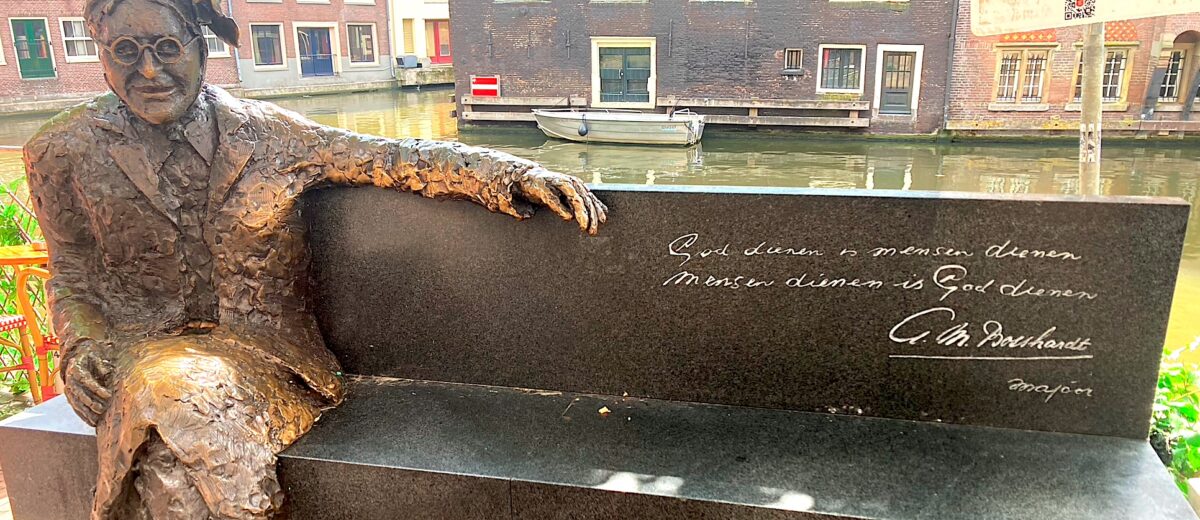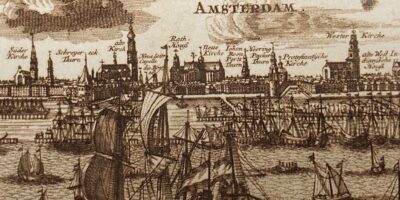We hear a lot of claims these days about ‘making things great’.
But what is true greatness? How do we recognise greatness? How will we know when those who promise to ‘restore greatness’ have delivered the goods? What should we be looking for?
Jesus had a problem with his disciples’ expectations of greatness. In Matthew 20, as he tries to prepare them for his coming death, they can’t hear what he’s saying. It doesn’t fit their idea of a ‘successful’ messiah. Instead, the wife of Zebedee and mother of James and John tries to wheedle out of Jesus top positions in his cabinet for her sons, special positions of power in his kingdom.
Here’s how Eugene Petersen paraphrases the incident in The Message: When the ten others heard about this, they lost their tempers, thoroughly disgusted with the two brothers (Mt 20:24). They were upset at the blatant request for favouritism. Righteous anger? Or was that something they all aspired to?
So, continues Petersen, Jesus got them together to settle things down. He said, “You’ve observed how godless rulers throw their weight around, how quickly a little power goes to their heads. It’s not going to be that way with you. Whoever wants to be great must become a servant. Whoever wants to be first among you must be your slave. That is what the Son of Man has done: He came to serve, not be served—and then to give away his life in exchange for the many who are held hostage.”
Whoever wants to be great must become a servant!
Whoever wants to be first among you must be your slave!
Wow! Jesus redefined greatness as service and humility, not worldly power or prestige. Those who want to be great in God’s upside-down kingdom must become servants of all! This means putting the needs of others first. Being willing to work for the good of others, even if it means doing menial tasks. Not seeking one’s own interests first.
Try to imagine being in that circle of disciples and hearing these words for the first time. You had never heard them before at sunday school or bible class, in a sermon or a devotional. You had never seen it modelled by religious leaders who loved to be distinguished by their dignified robes and titles; and certainly not by the political and military rulers for whom ‘might was right’.
Whoever wants to be great must become a servant!
Whoever wants to be first among you must be your slave!
That’s breath-takingly radical!
So then what is true greatness? It’s not grand displays of wealth and power, with golden skyscrapers and spectacular military parades. Not surrounding yourself with fawning accolytes, as pagan rulers have done throughout the centuries. Not having your name constantly on the lips of newsreaders, intruding on breakfast conversations everywhere.
It’s simply… servanthood.
It flows from the great commandment to love God and neighbour.
No other religion reveals a God who serves us. They all offer gods that demand you serve them. Maybe, if you serve them well enough, they’ll let you into heaven when you die. But not if you break the rules.
Yet Jesus Christ comes and says, “Instead of you serving Me, I came and served you. Instead of you serving me to earn your way into the Kingdom, because I give it to you freely by faith, now your service comes from gratitude instead of obligation.”
Whoever wants to be great must become a servant!
Whoever wants to be first among you must be your slave!
True greatness—for a person or a nation—can be recognised by godly virtues reflecting servanthood: justice, equality, integrity, truth, compassion, courage, humility, wisdom and sacrifice.
A truly great person acts with honesty and consistency, even when no one is watching. Great individuals stand up for what is right, often at personal cost. How a person treats others—especially the vulnerable—reveals the depth of their character. Great people seek understanding over ego, admitting what they do not know. True greatness is refined through adversity. Great individuals evolve through struggle without becoming hardened. They extend forgiveness and seek reconciliation, not harbouring resentment and seeking retribution.
A great nation upholds fairness, equality before the law, and protection of human rights. A great nation leads in moral example, not primarily in wealth or military strength, but protects the weak, the poor, the outsider, and the environment. A nation is truly great when it promotes a plurality of voices, cultures, and beliefs without erasing them. A great nation takes responsibility beyond its borders—through peacekeeping, humanitarian aid, and diplomacy. Greatness includes the ability to self-correct, acknowledge past wrongs, and strive for better.
For both nations and individuals, greatness is not merely about power or success, but about how that power is used—whether it uplifts others, fosters peace, and leaves a legacy that benefits generations to come.
A bronze sculpture by a canal a mere hundred metres from our apartment in the heart of Amsterdam depicts a woman sitting on a bench, wearing an old-fashioned uniform. Passers-by can sit next to her on the bench. She was Major Bosshardt of the Salvation Army. Her life motto is written on the bench in Dutch: God dienen is mensen dienen. Mensen dienen is God dienen. (To serve God is to serve people. To serve people is to serve God). The inscription nearby explains that after her death in 2007 she was voted ‘the greatest Amsterdammer of all time’!
A truly great leader is a ‘servant of the people’. Now that phrase rings a bell.
(Oh, and James, son of Zebedee, eventually got the message. He was the first of the ten disciples martyred.)
Till next week,



